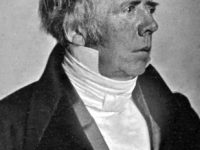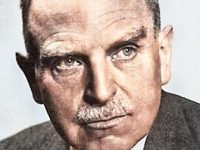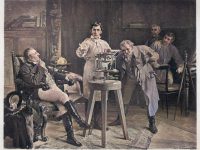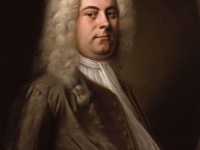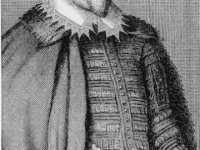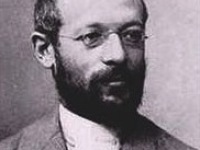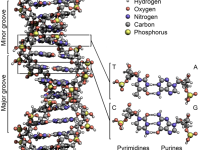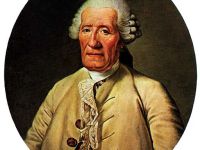Hans Christian Ørsted connecting Electricity and Magnetism
On March 9, 1851, Danish physicist Hans Christian Ørsted passed away. Hans Christian Ørsted discovered that electric currents create magnetic fields, which was the first connection found between electricity and magnetism. He is still known today for Oersted‘s Law and the oersted (Oe), the cgs unit of magnetic H-field strength, is named after him. “The agreement of this law with nature will be better seen by the repetition of experiments than by…
Read more











